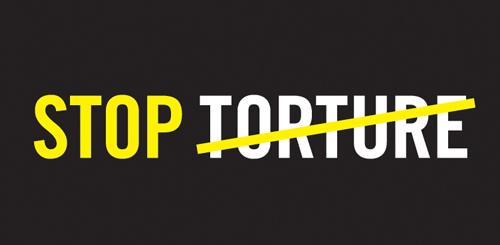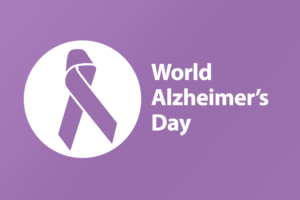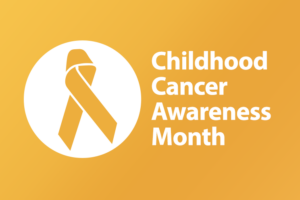Sarah Ford | June 10, 2015
Torture In 2014: 30 Years of Broken Promises
Electric shocks. Beatings. Rape. Humiliation. Mock executions. Burning. Sleep deprivation. Water torture. Long hours in contorted positions. Use of pincers, drugs, and dogs.
The very words sound like the stuff of nightmares. But every day and across every region of the world, these unimaginable horrors are the reality for countless men, women and children.
Salil Shetty, Secretary General, Amnesty International
Introduction By Salil Shetty
Torture is abhorrent. It is barbaric and inhumane. It can never be justified. It is wrong, self-defeating and poisons the rule of law, replacing it with terror. No one is safe when governments allow its use.
The world’s governments recognized these fundamental truths when, in the aftermath of the atrocities of the Second World War, they adopted the Universal Declaration of Human Rights in 1948. This enshrined the basic right of all of us, everywhere, to live free from torture, free from cruelty.
This right – at the heart of our shared humanity – was later enshrined in a legally binding international agreement through an explicit and absolute prohibition against torture and other ill-treatment, in the 1966 International Covenant on Civil and Political Rights.
30 years ago this year, this progress was further built upon by the UN Convention Against Torture. The Convention was groundbreaking: it offered a set of concrete steps to make the global ban on torture a reality, by establishing a set of measures, enshrined in law and specifically designed to prevent torture, punish perpetrators and ensure justice and redress to victims. These measures intend not only to end torture and other ill-treatment nationally, but also to ensure that no-one is deported across borders to be tortured, and that there is no safe haven for perpetrators.
Torturers are now international outlaws. A robust international legal framework has been built up and 155 countries are state parties to the UN Convention. This is real and meaningful progress. But many governments are betraying their responsibility. Three decades on from the Convention – and more than 65 years after the Universal Declaration – torture is not just alive and well. It is flourishing.
The outrageous extent of torture today exposes the gulf between what promises governments made 30 years ago and what governments do today.
Over the past five years, Amnesty International has reported on torture and other ill-treatment in 141 countries and from every world region. While in some of these countries Amnesty International has only documented isolated and exceptional cases, in others torture is systemic. But even one case of torture or other ill-treatment is unacceptable.

Get Resources and Insights Straight To Your Inbox
Explore More Articles
Get Resources and Insights Straight To Your Inbox
Receive our monthly/bi-monthly newsletter filled with information about causes, nonprofit impact, and topics important for corporate social responsibility and employee engagement professionals, including disaster response, workplace giving, matching gifts, employee assistance funds, volunteering, scholarship award program management, grantmaking, and other philanthropic initiatives.




